Someone once asked me what I used for science in our homeschool I stared at them blankly. Seriously I did.
Shh, we really don’t use anything for science. Science happens in life, and well, we just let life teach us. This is coming from a mom who literally tested out of High school biology, helped the teacher teach zoology, and well, took a ton of science classes in college because I was told if I didn’t go to college I wouldn’t be worth the powder to blow me up. Hmm, crazy people, that was a waste of money. Learned more living life, then I did sitting in a classroom.
However, back to the subject… We have books, books and more books. Did I mention I am a book addict and that is how I got started selling Usborne Books? Oh, well, again back to the original subject—Science.
God created the Heavens and the Earth and everything in between walking and living. Confused? Read Genesis Chapter 1.
So, there you learned the truth about how we were created. See, those text books you read in school were all a lie. Ughh, see, I told you that money that paid for those college science classes were a waste. That was the first thing they tried to throw out of my mind.
Now, how do we learn about all those creatures? We observe them, and what we can’t observe, we read about in our books. Now, I am not one to believe the first thing I read. I will then go to another book and another and another, just to make sure it is true. Hmm, suppose it has anything to do that some dude took money to get me to read his book and answer his questions with his answers and told me what I knew to be true was the wrong answer? Uhh, yeah. Has a lot to do with that. ![]()
Anyway, what I am saying here is, if you just let your children observe what is going on around them, they will learn about the science around them. Baking is chemistry, having pets can be nature study, growing a few plants inside or a garden is botany. See, you don’t need a curriculum to teach science. In fact by allowing them to learn on their own, what they come across just by living, they will learn more from it, it will stick longer, and well, actually may be the truth.
We also have a microscope, stereoscope, physics set, chemistry set, many building kits for different electrical, solar and so forth things. Hands on learning is a great way to learn lots of information too.
My oldest is crazy over opossums. Yep, he has one that he has literally tamed by observing it. He noticed it was eating the cat food. So, he sat down in the garage with a bowl of cat food in front of him. The opossum, came up to the bowl and ate it. So, son added more food. Now the opossum will climb on his lap. lol Yeah, I know they look like giant rats, can carry diseases, and are wild animals. We also have learned they are very docile, smart and have enough brains to ear easy to find cat food on the farm and are actually clean animals. They clean themselves like a cat, and will even curl up with our cats at night. Now the one problem with our “awesome possum” is that it likes to eat eggs. We have one hen and well, we got two eggs from her. lol Through this we have taught our son to look for signs of disease. Cloudy weapy eyes, dirty animal, skinny, and disposition. He is not to approach them. ![]() Is there a risk with this? Yes, however there is a risk that our old dog could decide he doesn’t like having six children chase him around anymore. There is a risk that our mama cat could decide we can’t any longer play with her kittens. The Opossum is not a pet, but we are enjoying observing it.
Is there a risk with this? Yes, however there is a risk that our old dog could decide he doesn’t like having six children chase him around anymore. There is a risk that our mama cat could decide we can’t any longer play with her kittens. The Opossum is not a pet, but we are enjoying observing it.
Now, another science lesson we recently had, was an egg from our one hen. We have five roosters. Yep, five, so the chance of the one egg not being fertilized is about zilch. Anyway, while I was trying to get a batch of brownies going, I cracked that egg into a separate bowl. Well, there was an “odd” blob in it. So, being the crazy homeschool mom that I am, we stopped the brownie production and grabbed our Stereoscope that a friend gave us. As we were looking in the stereoscope, we were able to see the vertebrae, beak, wing and leg buds, and maybe the beginnings of eyes. This “blob” was a chick embryo, about 40-50 hours past being laid. That was science for that day.
Last night we got to talking about tape worms. Yum, right? Well probably not, but did you know they are part of the flea life cycle? We are going to try to find out more later this afternoon.
So, there you have it, why we don’t use a science curriculum yet…Maybe when we get to upper middle school and highschool if my children appear to be college bound, but for now, they are getting a much better grasp of things learning their way in our lifestyle.
How do you teach science?









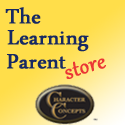

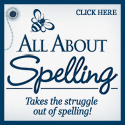
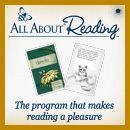





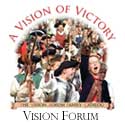
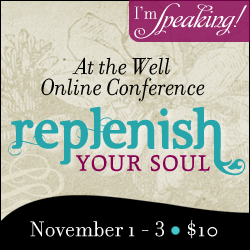
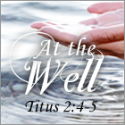
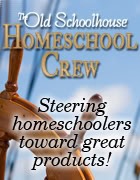

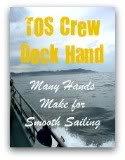
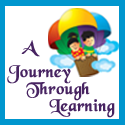
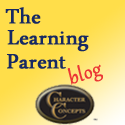
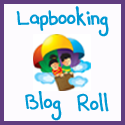
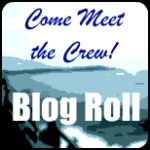

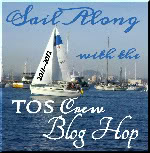



Thank you so much for sharing the link to this post on my blog. It did me good to come and read it. We do the same types of things - I just need to relax a bit and realize that this approach is “science at its best” and sometimes life is better than a textbook.
This is really great and such a reminder of how Charlotte Mason would probably have gone, “yup, that’s the way to do it”.
As for me…it help me feel a little more relax since that is how we are doing science (without the opossum and hens and roosters, but there’s internet right? Lol).
Thank you so much for sharing this good reminder that science doesn’t always come in just a textbook and even then…better than a textbook.